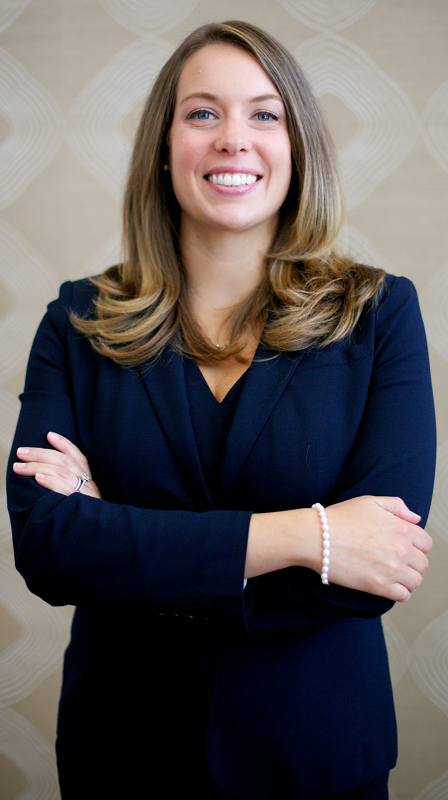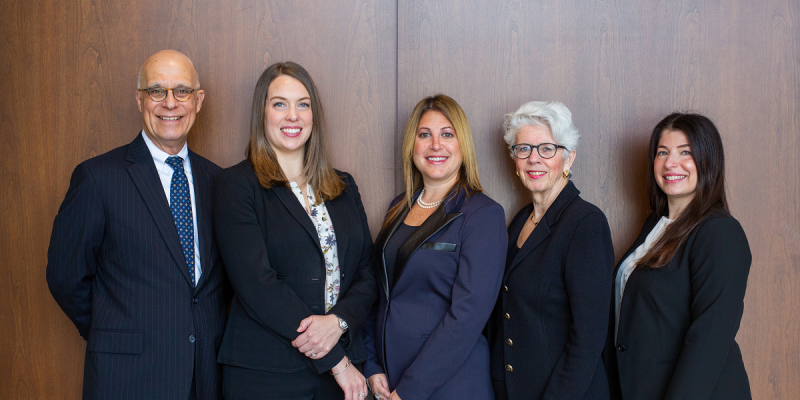Vetrano Family Attorney Discusses Validity of Friend-Officiated Weddings

Many couples today are asking their friends or family members to officiate their weddings. For some, it is based on a desire to include someone that knows both spouses personally. For others, it is because they do not want to have a religious ceremony or get married in a courthouse. Whatever the reason, the couple believes that the friend or family member has the authority to make their marriage official. That person went through an application process online, paid a fee, and obtained a certificate stating they he or she is ordained as a minister, so the marriage must be valid, right? Not necessarily. You might want to check with a family attorney.
My Friend Officiated Our Wedding – Is Our Marriage Valid?
As of today, there is no clear-cut answer on whether an officiant who was “ordained” online qualifies as a someone who is “authorized to solemnize” a marriage under Pennsylvania’s Marriage Law. Under that law, to enter into a valid marriage spouses must follow the proper procedure for obtaining a marriage license and filing a marriage certificate. Those authorized to solemnize the marriage include a judge, a mayor, or “a minister, priest, or rabbi of any regularly established church or congregation.”
And because Pennsylvania no longer recognizes common law marriages unless they were entered into prior to January 1, 2005, major issues can arise if the requirements are not properly followed. Couples cannot simply assume that because they had a ceremony and now live together and tell everyone they are married that it makes them a married couple under the law.
Different counties in Pennsylvania have reached different conclusions about this issue. The Court of Common Pleas of York County, Pennsylvania, held that a marriage was not valid because the officiant had received his credentials online from the Universal Life Church within five to ten minutes of applying, and the church had no place of worship or congregation. Therefore, they held that Universal Life Church did not qualify as a “regularly established church or congregation.” However, the Court of Common Pleas of Bucks County reached the opposite conclusion, and found that a marriage officiated by someone who received their credentials online from the same church was valid. The Bucks County court found that although Universal Life Church is not a traditional church, it is a “regularly established religious faith.”
More recently, the Court of Common Pleas of Montgomery County court held that a marriage solemnized by a friend who was “ordained” over the internet was valid, where the friend had received his credentials from the First Nation Church & Ministry. In that case, the court emphasized that First Nation Church & Ministry was run as a non-profit organization, traced its origins back to the Cherokee Baptist circuit church, and conducted background checks on all applicants for ministers. They also said that it would be manifestly unfair to hold that a marriage was invalid where both spouses and the officiant all thought that it was valid.
On the other hand, courts have also pointed out that because the requirements of obtaining a marriage license and filing a marriage certificate are so easy to comply with in the modern world, there should be no reason not to follow them, which is one of the main reasons that common law marriage was abolished.
Whether a marriage is valid or not can have drastic consequences regarding financial matters. The laws of equitable distribution, which govern how marital assets and liabilities are divided upon divorce, only apply when there was a valid marriage. If there was no valid marriage, then there are no marital assets or liabilities. Everything titled in one spouse’s name is that spouse’s property. This can be particularly troubling in instances where one person was employed and the other person cared for children, since retirement assets, and possibly savings accounts or the family home, would only be titled in the working spouse’s name. There is also no duty to pay spousal support between unmarried couples. And there can also be implications regarding the presumption of paternity that applies only to married couples.
If there is any question about whether an existing marriage is valid or not, that issue should be evaluated before anything is filed with the court regarding a divorce.
Contact a Vetrano | Vetrano & Feinman Family Attorney for Experienced Guidance
The family attorneys at Vetrano | Vetrano & Feinman LLC can discuss the likely outcome of your case and explain how the court process would work. If you are planning to get married in the near future and are considering having a friend or family member officiate your wedding, it is very important to consider where and how they are obtaining their credentials. The family law attorneys at Vetrano | Vetrano & Feinman LLC can also evaluate your need for a premarital agreement in light of your pending nuptials. Contact us for a consultation.

Need to Talk to Us?
Our experienced family lawyers take the time to fully understand the financial and emotional complexities that can be involved in separating two lives. We offer the patience and resources to effectively guide clients through a divorce, addressing all the challenges they may face in moving forward with their lives. To learn more about how we can help protect your rights and interests in a complex divorce, contact the Pennsylvania divorce attorneys at Vetrano | Vetrano & Feinman LLC.